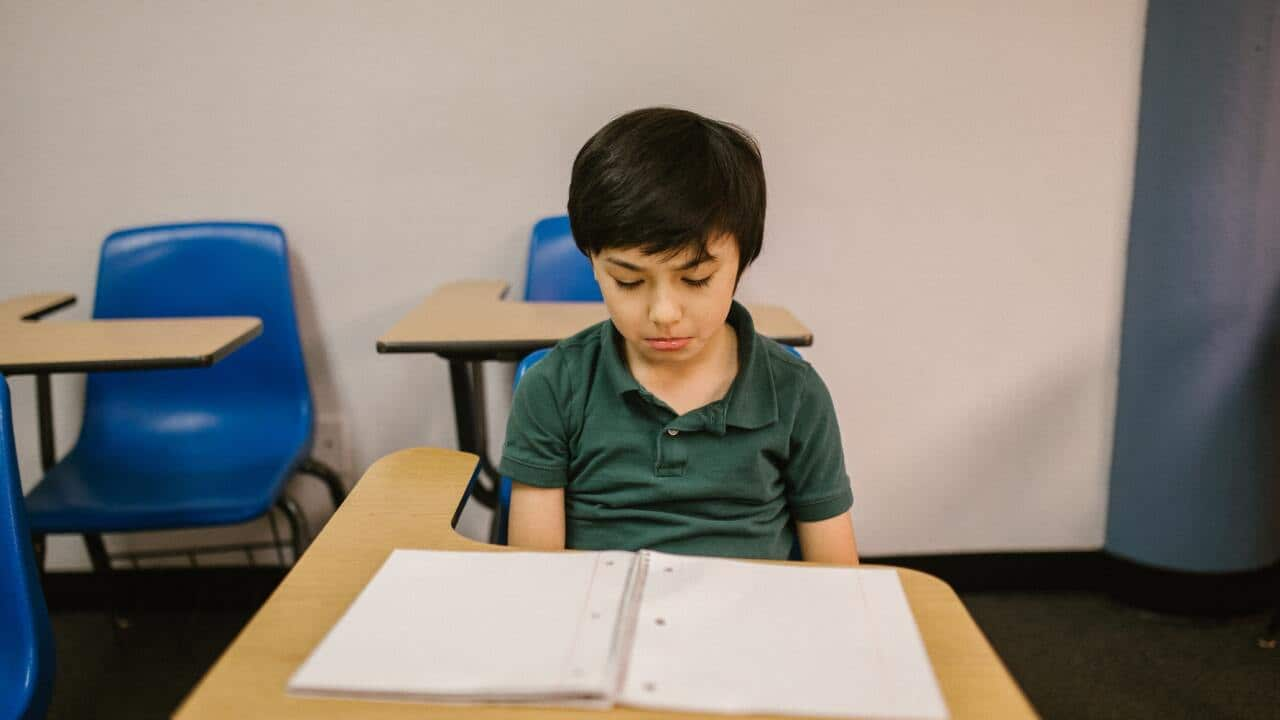Highlights
- Some children have experienced anxiety and depression due to the pandemic.
- Routine and predictability reassure the child that the world is safe.
- EFT is a highly effective method of alleviating stress.
"Anxiety is part of our response system to either fight-or-flight. This response is automatic and it is the same physiological system for when I'm, let's say, scared of a snake or afraid of losing my job."
Canberra-based psychologist Donn Tantengco shares that this physiological system is in children as well; however, the ways they show signs of stress and anxiety are different to the ways adults do.
Signs of stress
In children, stress and anxiety can manifest in vastly different ways.
Children can experience lack of quality sleep or nightmares; excessive crying; bedwetting; teeth grinding or bruxism; obsessive behaviour; hypervigilance or being easily startled; a physiological response of going to the toilet a lot because of excessive urination, diarrhea or constipation.
"Some also have a tendency to expect something bad to happen. You'll start noticing the child withdraws. He can be fidgety, restless or even be the opposite and have no energy.
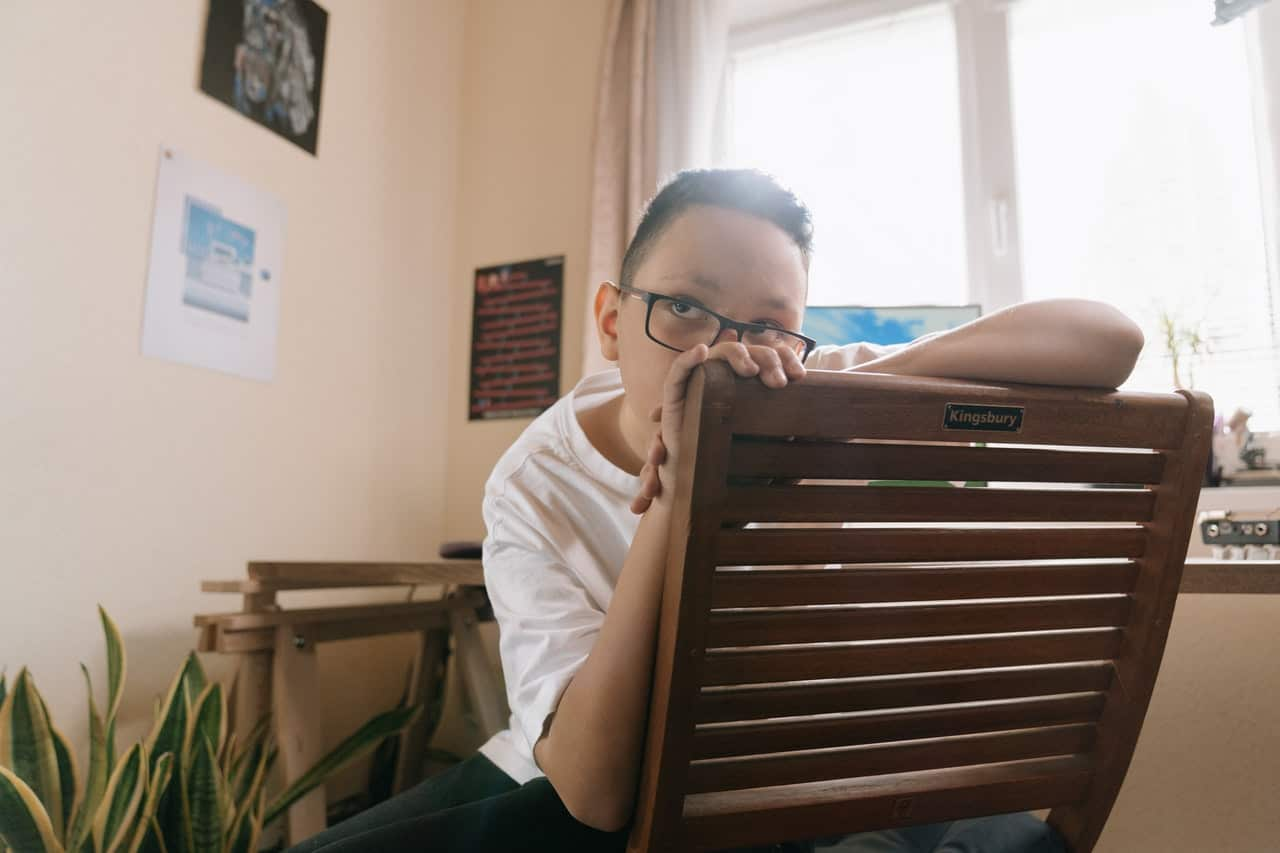
"For some, the rush of adrenaline they have comes out as aggression towards others, particularly towards siblings. They pick fights for no reason because they have so much pent-up emotion that they haven't expressed."
Donn shares that some kids can are more inclined to anxiety when they routinely experience being hit or reprimanded for what should be seen as normal behaviour.
"Some parents get angry with their children without realising that their behaviour is normal or cannot be helped, for example, crying or spilling something. You can't expect a child to think and act like an adult; but with Filipinos, that's a long history of how we socialise in families."
But while some children are more predisposed to anxiety compared to others, there is a concern over the mental health of a whole generation because of the pandemic.
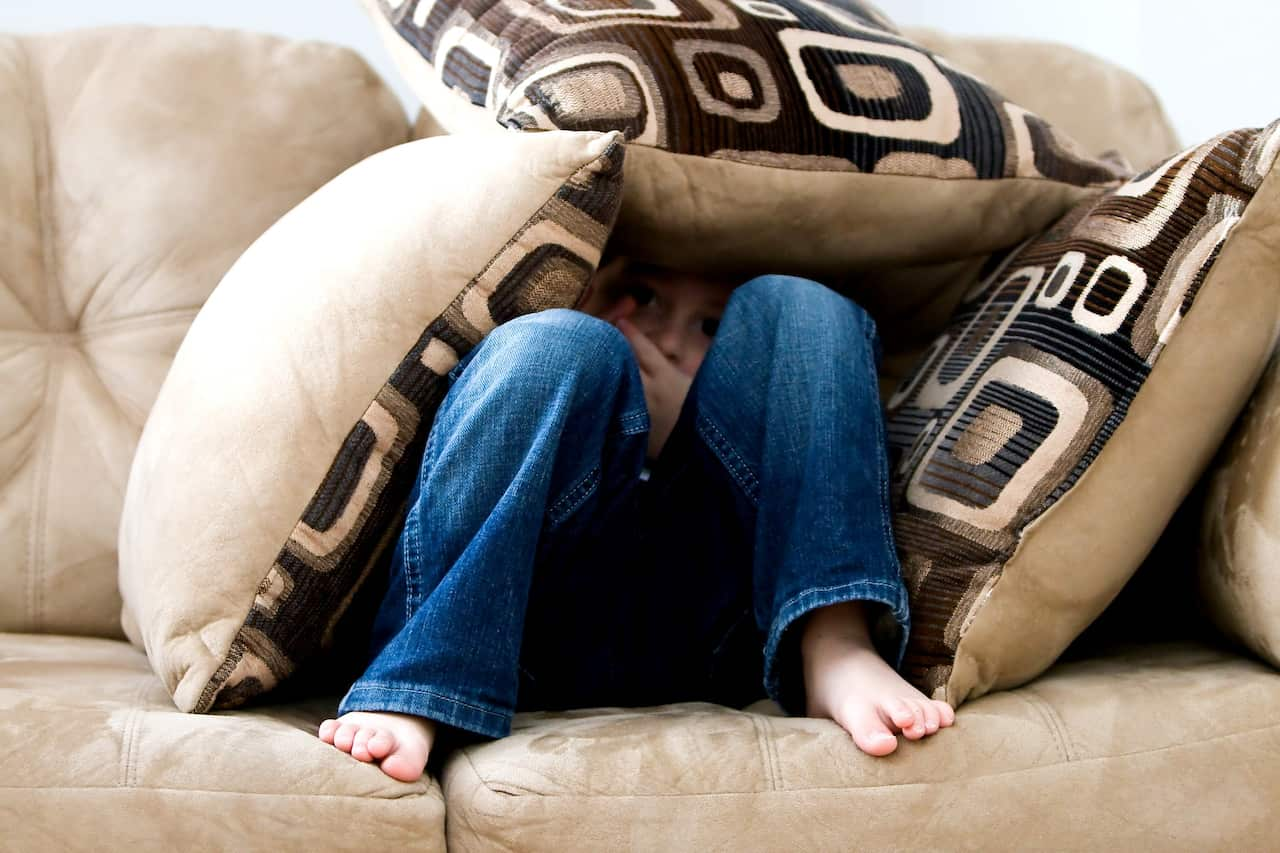
"This pandemic has changed the routine and development of kids. Socialising is important for human development and the pandemic halted that. Screen-dependent kids have also developed shorter fuses. They are more easily irritated and depressed. Depression has the flavour of 'What's the point?'
The calm amidst the storm
The point seems lost with a pandemic that has seen states cyclically locking down and opening up. Donn shares that the lack of routine and predictability make children feel unsafe.
"When routine, predictability and safety are lost, anxiety elevates. All of our stress hormones build up and will need to come out somewhere, somehow."
Donn says that 'somewhere, somehow' needs to be a safe space free of anger and judgment.
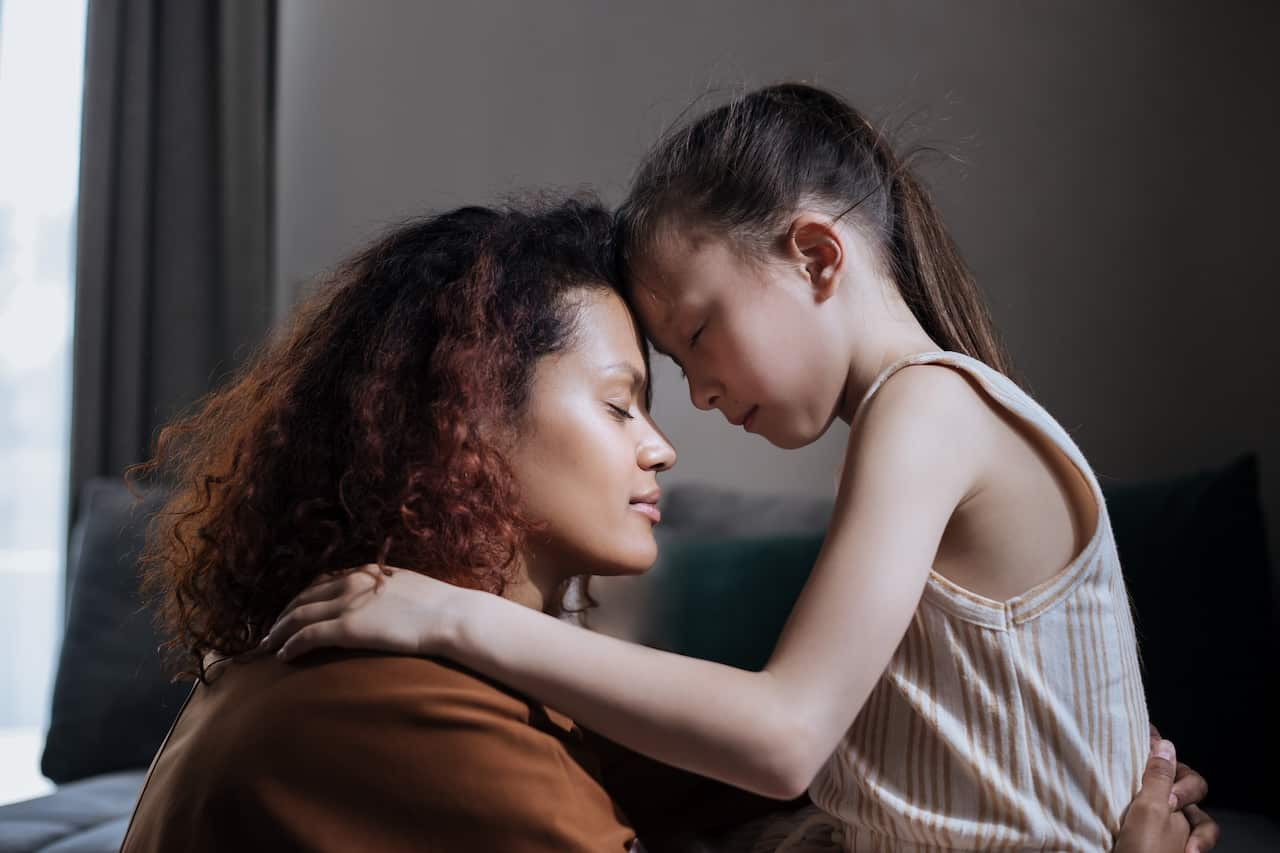
"Don't criticise. Converse. Be curious about what they like doing and ask deeper questions in the process. Ask them what they feel about being home all the time and not seeing their friends, about mum and dad working from home. Let them feel safe enough to answer."
Donn is mindful that this safe place can be difficult for some households to create.
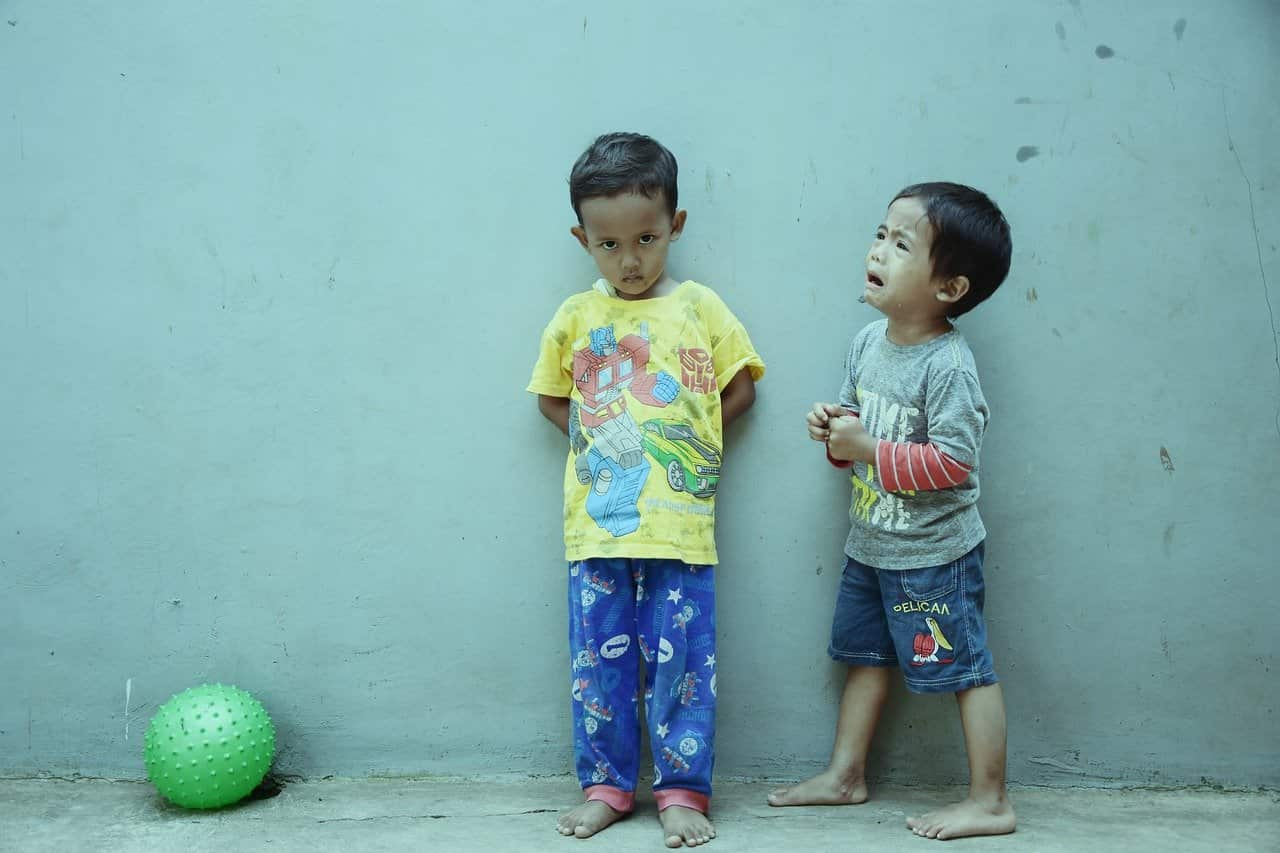
"Filipinos aren't listeners when it comes to mental health. We go by what we learned from our own families when it comes to which emotions should be expressed and which ones shouldn't.
"We teach our kids how to weather the storm, but we sometimes fail to teach them how to deal with the aftermath. Losses pile up. They're not processed."
Fun strategies
In order to process emotions, Donn offers some strategies he uses in his work.
"We teach emotional coaching with the use of resource flashcards. Children and parents can choose from pictures of emotions that best represent how they feel. This opens up a conversation. Instead of a child feeling like he or she is being lectured, there is shared understanding."
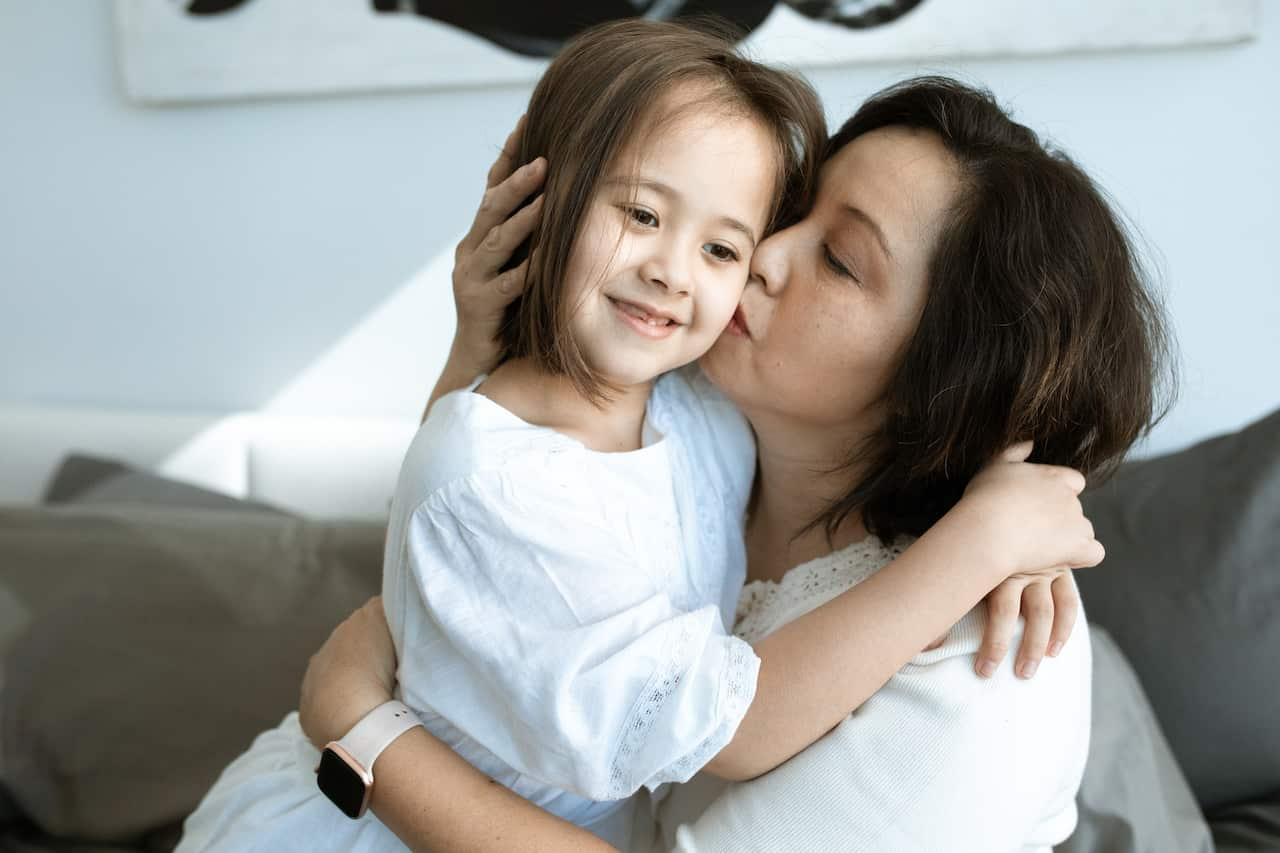
Aside from shared understanding, Donn emphasises that children need to learn how to regulate themselves on a physiological level through proper breathing.
"Anxiety affects heart rate and breathing; therefore in order to relax, proper breathing is important. I try to make it fun for the kids. So I tell them to take a deep breath and hiss like a snake. Whoever makes the longest hiss wins."
An innovative way to teach the difference between tension and relaxation is to instruct kids to pretend that their arms are cooked spaghetti and raw spaghetti.
"We carry tension throughout the day. This retrains the body to know the difference between the two."
EFT
Another technique that has been proven to be highly effective amongst children is Emotional Freedom Technique (EFT) Tapping.
According to Dr Peta Stapleton, the world leader in research trials for EFT Tapping, "EFT is a stress-reduction technique which stimulates acupressure points in order to reduce cortisol, the stress hormone."
Much like acupuncture, EFT is targeted at points in the body to produce biochemistry changes. These changes engage the amygdala, the part of the brain that contributes to emotional processing.
"The more focused we are on tapping, the less stress the amygdala sends out. People say they feel calmer and more relaxed afterwards and they can make better decisions. The body is changing physiologically and we've tested things like cortisol levels and adrenaline to make sure that it's not just a placebo effect. The change is immediate.
"We've done two-year follow-ups and have found that those stresses didn't come back for patients. Symptoms don't return. Some don't even remember what they tapped because the issues are no longer part of their lives."
Eight acupressure points are targeted during tapping sessions: namely the eyebrows; the sides of the eyes people massage when they have headaches; under the eyes; under the nose; the crease of the chin; an inch under where the collarbone ends (both sides); under the arm and; on top of the head.
"Sessions begin with me asking how they feel and to what intensity, then I have the patient tap the side of his hand. We call this the karate chop, the fleshy part. The patient then says, for example, 'I'm really angry at the moment and I accept I feel this way.' Then we go through the points and say the words.
"The words are about engaging the emotion rather than distracting yourself from it. A patient may initially feel overwhelmed by the feelings; but as they go through the process, they calm down."
The process is highly effective in calming down children, Peta shares, "because little kids don't question what the science is behind it. If you tell them that tapping make worries go away and we feel better afterwards, they'll do it."
"We simplify it for kids. They can say something like 'I feel tired today and I don't want to go to school.' They can use tapping when they can't sleep at night or even fight with their siblings," she says.
In as much as parents are role models for staying calm and centred, she says that role modelling tapping will make kids more inclined to use it.
"When my kids were younger, I would tap driving in the car and they would ask what I was doing. I would say what I was worried about and tapping made me feel better. Eventually, they wanted to do it themselves.
"Emotions are the one area that school doesn't cover, yet these have such a profound impact on young people.
"It's important to not only recognise what emotion is but to have the ability to regulate it. That will have such a far-reaching ripple effect in their lives. If parents can share these techniques, we will have very different generations coming through."
